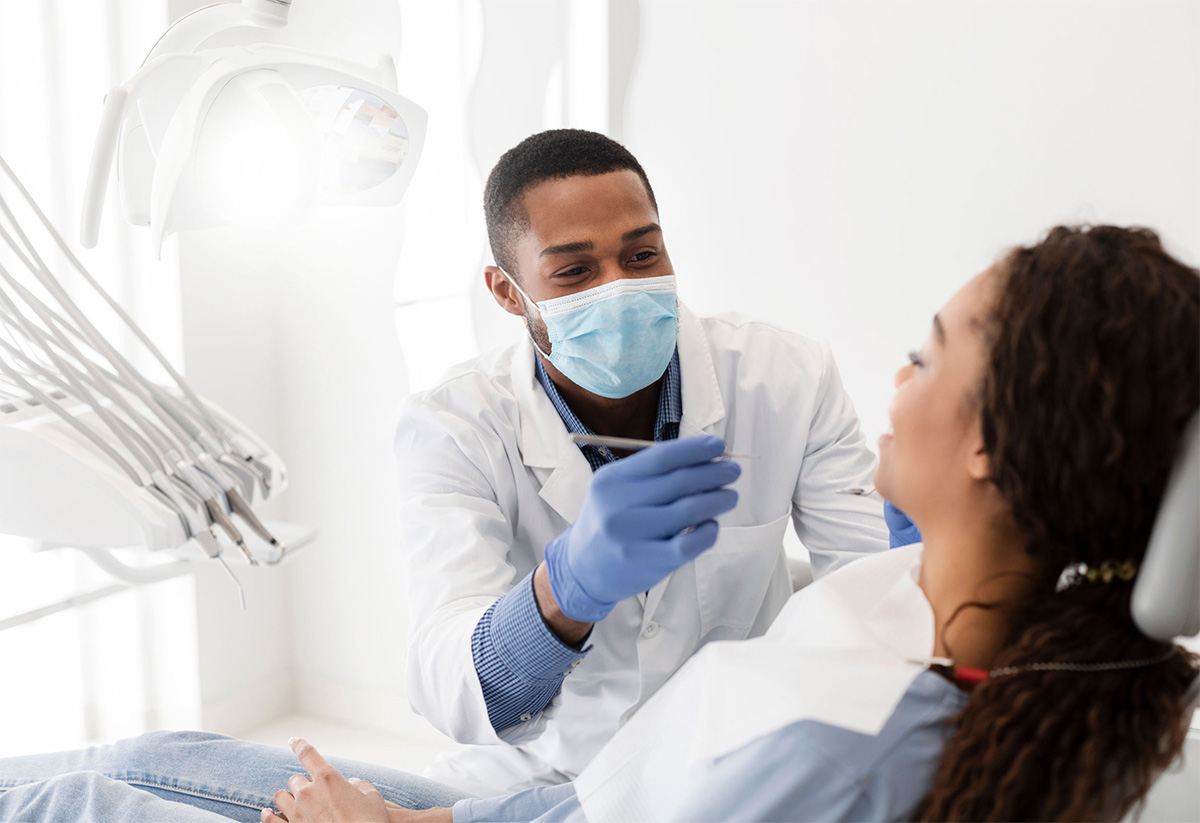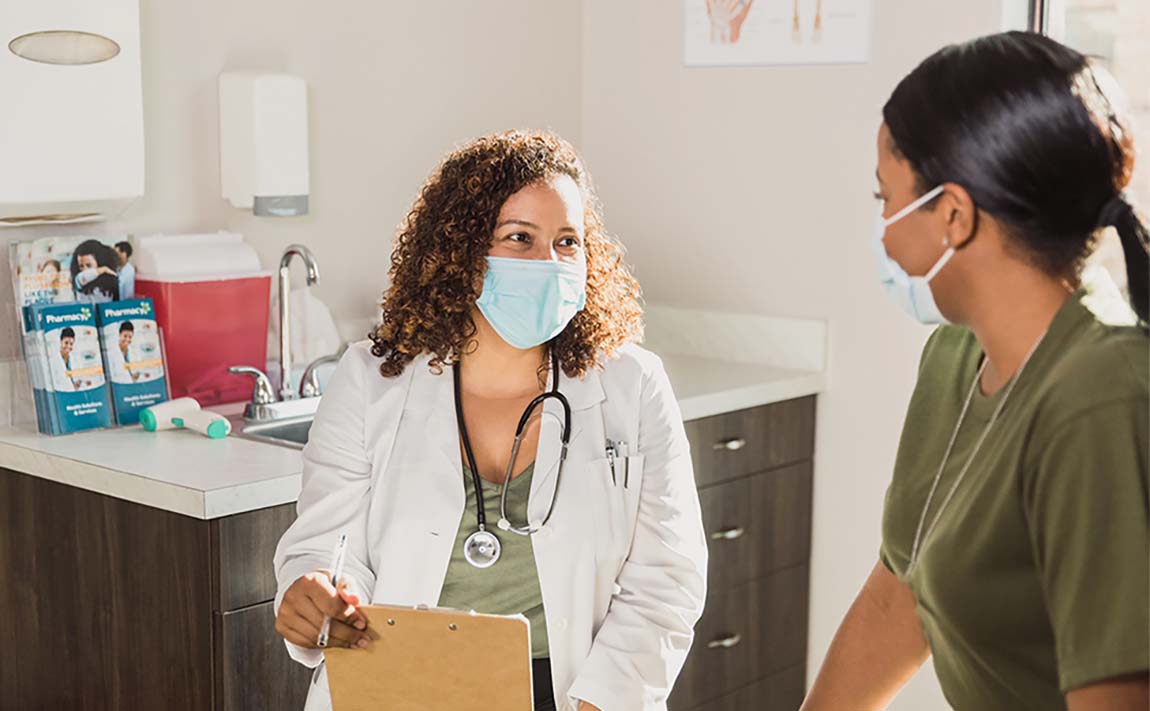Screening for Diabetes in Dental Clinics

June 24, 2022
Diabetes affects more than 600,000 people in South Carolina. About 127,000 people in our state have diabetes but do not know it yet. Many more have prediabetes. More than 90 percent of adults with prediabetes do not know they have it according to data from the South Carolina Department of Health and Environmental Control.
Screening for diabetes is vital to reducing the prevalence of diabetes and its complications. Diabetes Free SC (DFSC) is seeking ways to increase access to diabetes screenings.
“People unaware of their diabetes risk or who have undiagnosed diabetes are at an increased risk for dangerous complications and poor health outcomes. Early detection of diabetes helps connect people with the appropriate care and resources to manage their condition and live a healthy life,” says DFSC Program Director Noreen O’Donnell. DFSC is working with two federally qualified health centers in South Carolina to increase access to screenings: Affinity Health Center in Rock Hill, and Fetter Health Care Network in Charleston. These centers provide high-quality, comprehensive care and a wide array of support services, including dental care. Dental clinic staff and medical clinic staff work together to ensure patients get seamless, coordinated care. Through this effort, Affinity and Fetter are taking coordination one step further by providing hemoglobin A1C tests for adult patients in their dental clinics.
A hemoglobin A1C test is a convenient way to screen people and identify their risk for prediabetes or diabetes. Affinity and Fetter will be able to identify individuals who are at an increased risk but do not have symptoms or have not been screened through the medical clinic. Those who have an elevated hemoglobin A1C will be referred directly to the medical clinic.
“Early detection is key in managing diabetes and promoting healthy outcomes,” O’Donnell says. “Diabetes can also cause or worsen multiple oral health issues and periodontal diseases, another intersection that makes this medical-dental integration so critical.”
 Prenatal Programs Put Moms in Control of Diabetes
Prenatal Programs Put Moms in Control of Diabetes
Diabetes Free SC (DFSC) launched Management of Maternal (MOMs) programs in 2020. These efforts are part of a long-term commitment to improve the health of all South Carolinians. The MOMs programs accomplish this by improving pregnancy outcomes for women with diabetes.
Read More Investing in Community Health To Prevent Diabetes
Investing in Community Health To Prevent Diabetes
Our communities play a key role in our daily lives. The people we meet every day influence our decisions, even our health-related decisions. Community health workers (CHWs) have become a vital part of how people seek and receive care. Diabetes Free SC (DFSC) recognizes the crucial role CHWs play in the health of a community. In August 2021, DFSC announced the Community Health Worker project as a new funded program to help reduce diabetes and its complications among South Carolinians.
Read More Diabetes Free SC Focuses on Women's Health With New Initiative
Diabetes Free SC Focuses on Women's Health With New Initiative
Diabetes Free SC (DFSC) aims to reduce diabetes and its complications in South Carolina. It is developing an innovative program that helps young women with diabetes take control of their health. The Women’s Health Initiative promotes wellness among women with diabetes and those who are at risk of developing the disease.
Read More



















